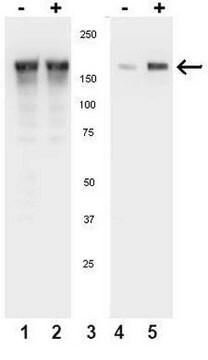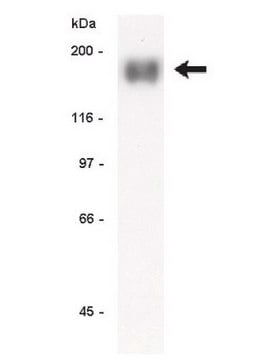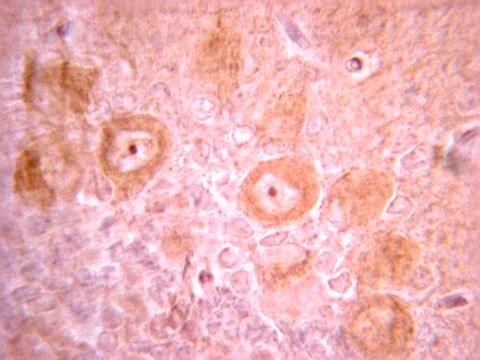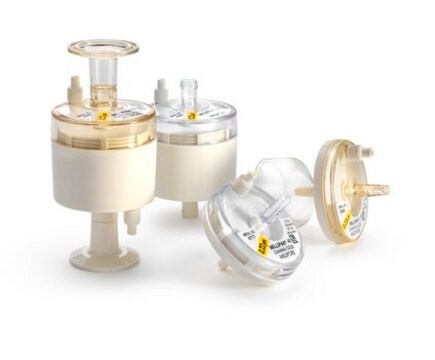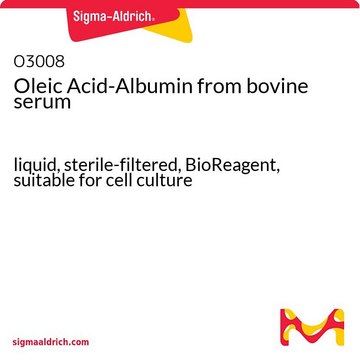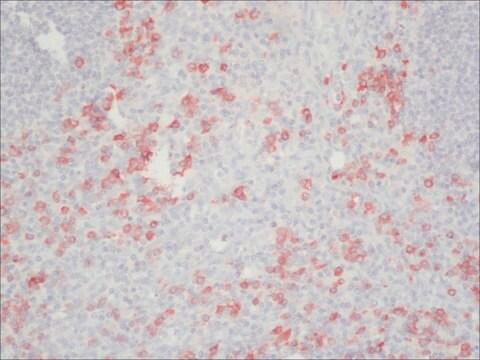04-281
Anti-phospho-EGFR (Thr669) Antibody, clone 5F10
clone 5F10, Upstate®, from mouse
Synonym(s):
ERBB, ERBB1, epidermal growth factor receptor
Sign Into View Organizational & Contract Pricing
All Photos(1)
About This Item
UNSPSC Code:
12352203
eCl@ss:
32160702
NACRES:
NA.41
clone:
5F10, monoclonal
application:
WB
species reactivity:
human
technique(s):
western blot: suitable
citations:
4
Recommended Products
biological source
mouse
Quality Level
antibody form
purified immunoglobulin
antibody product type
primary antibodies
clone
5F10, monoclonal
species reactivity
human
manufacturer/tradename
Upstate®
technique(s)
western blot: suitable
isotype
IgG1
NCBI accession no.
UniProt accession no.
shipped in
wet ice
target post-translational modification
phosphorylation (pThr669)
Gene Information
human ... EGFR(1956)
Specificity
Recognizes EGFR when phosphorylated at Threonine 669.
Immunogen
KLH-conjugated synthetic peptide encompassing the surrounding amino acids of Thr 669 in human EGFR.
Application
Anti-phospho-EGFR (Thr669) Antibody, clone 5F10 detects level of phospho-EGFR (Thr669) & has been published & validated for use in WB.
Research Category
Signaling
Signaling
Research Sub Category
Growth Factors & Receptors
Growth Factors & Receptors
Quality
Routinely evaluated by immunoblot.
Target description
180 kDa
Physical form
100 µg of mouse monoclonal IgG1 liquid in 0.01 mg/ml PBS containing 0.09% sodium azide, PEG, and sucrose with 50 % glycerol.
Format: Purified
Thiophilic adsoption and size exclusion chromatography
Storage and Stability
6 months at -20°C from date of shipment
Analysis Note
Control
Includes PMA and pervanadate treated A431 cell lysate as a positive control
Includes PMA and pervanadate treated A431 cell lysate as a positive control
Legal Information
UPSTATE is a registered trademark of Merck KGaA, Darmstadt, Germany
Disclaimer
Unless otherwise stated in our catalog or other company documentation accompanying the product(s), our products are intended for research use only and are not to be used for any other purpose, which includes but is not limited to, unauthorized commercial uses, in vitro diagnostic uses, ex vivo or in vivo therapeutic uses or any type of consumption or application to humans or animals.
Not finding the right product?
Try our Product Selector Tool.
Storage Class Code
10 - Combustible liquids
Certificates of Analysis (COA)
Search for Certificates of Analysis (COA) by entering the products Lot/Batch Number. Lot and Batch Numbers can be found on a product’s label following the words ‘Lot’ or ‘Batch’.
Already Own This Product?
Find documentation for the products that you have recently purchased in the Document Library.
Cisplatin induces PKB/Akt activation and p38(MAPK) phosphorylation of the EGF receptor
Winograd-Katz, S E and Levitzki, A
Oncogene, 25, 7381-7390 (2006)
Mutational removal of the Thr669 and Ser671 phosphorylation sites alters substrate specificity and ligand-induced internalization of the epidermal growth factor receptor
Heisermann, G J, et al
The Journal of Biological Chemistry, 265, 12820-12827 (1990)
G J Heisermann et al.
The Journal of biological chemistry, 263(26), 13152-13158 (1988-09-15)
The epidermal growth factor (EGF) receptor is regulated by EGF-stimulated autophosphorylation and by phorbol ester-stimulated, protein kinase C (Ca2+/phospholipid-dependent enzyme) mediated phosphorylation at identified sites. The EGF receptor contains additional phosphorylation sites including a prominent phosphothreonine and several phosphoserines which
F Yan et al.
Oncogene, 36(50), 6919-6928 (2017-09-05)
Overexpression of DNMT1 and KIT is prevalent in lung cancer, yet the underlying molecular mechanisms are poorly understood. While the deregulated activation of DNMT1 or KIT has been implicated in lung cancer pathogenesis, whether and how DNMT1 and KIT orchestrate
Our team of scientists has experience in all areas of research including Life Science, Material Science, Chemical Synthesis, Chromatography, Analytical and many others.
Contact Technical Service